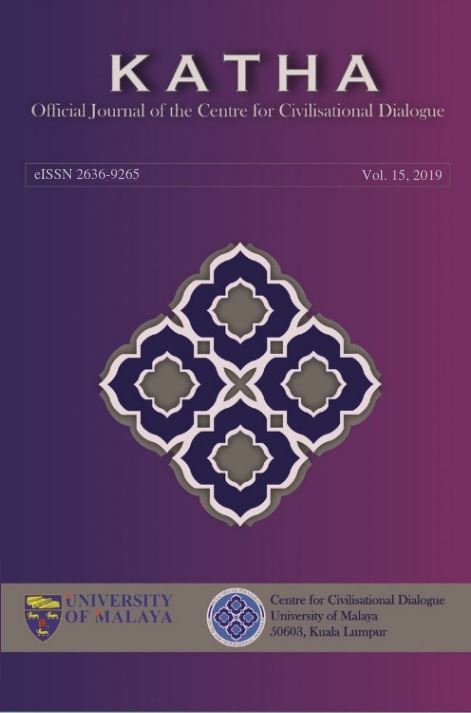Social Economic Perspectives of Homecoming Tradition: An Indonesian Context
DOI:
https://doi.org/10.22452/KATHA.vol15no1.3Abstract
Homecoming has been practiced by most Indonesians as a routine tradition that cherished every year. This interesting practice has developed rapidly as an impact of the integration of capitalist economic systems in the early 1970s. The tradition of homecoming in Indonesia mostly occurs at the moment of religious holidays. This phenomenon is considered an essential part of the celebration. As the largest Moslem population in the world, the most prominent homecoming activity in Indonesia mostly happens during Eid Mubarak Celebration. At this moment, not only Moslem but almost all the people in the country go back to their hometown. Every year, this tradition is getting bigger in numbers and giving more significant impacts on the country in terms of social and economics. Therefore, this study tries to describe the homecoming tradition for Indonesia, specifically seen from a socio-economic perspective. As a qualitative content analysis study, this study analyses related works of literature, documentation, and publications relevant to the topic. The result is written descriptively by explaining the phenomena, discussing the impacts and proposing solutions. The results show that going home is proven to provide a substantial multiplier effect on the socio-economic side. From social perspectives, homecoming means the fulfillment of primordial and emotional interests to strengthen the relationship between family and friends. On the other hand, this tradition also boosts the economic development of the regions, which is interpreted as equalization or circulation of money from urban to rural areas in the country.
Keywords: homecoming, tradition; impacts, social and economics
Downloads
Downloads
Published
How to Cite
Issue
Section
License
Articles submitted to the journal should not have been published before in their current or substantially similar form, or be under consideration for publication elsewhere. Authors submitting articles for publication warrant that the work is not an infringement of any existing copyright and will indemnify the publisher against any breach of such warranty. For ease of dissemination and to ensure proper policing of use, papers and contributions become the legal copyright of the publisher unless otherwise agreed. By submitting a manuscript, the author(s) agree that copyright for the article is transferred to the publisher, if and when the manuscript is accepted for publication. However, it can be reprinted with a proper acknowledgment that it was published in KATHA.

This work is licensed under a Creative Commons Attribution-NonCommercial-NoDerivatives 4.0 International License.




